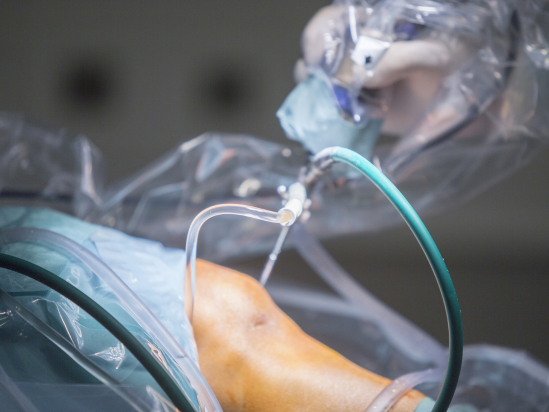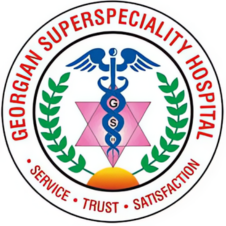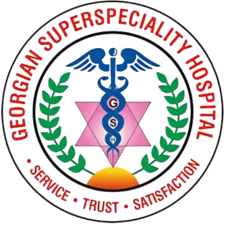Frozen Shoulder Treatment in Delhi
Frozen Shoulder Treatment in Delhi
Frozen shoulder, also known as adhesive capsulitis, is a painful condition that causes stiffness, reduced range of motion, and discomfort in the shoulder joint. At our Mumbai-based orthopedic and physiotherapy centers, we offer comprehensive, customized treatment for frozen shoulder — designed to restore mobility and improve your quality of life.
Causes of Frozen Shoulder
Frozen shoulder (adhesive capsulitis) develops when the connective tissue around the shoulder joint (the capsule) becomes inflamed, thickened, and tight — leading to pain and a progressive loss of motion. The exact cause isn’t always known, but several factors and conditions can increase your risk.
Occurs without a known injury or trigger. It often develops gradually and is more common in:
Adults between 40 and 60 years old
Women more than men
Individuals with hormonal or metabolic disorders

Symptoms of Frozen Shoulder
1. Freezing Stage (Painful Stage)
Pain worsens at night or with movement
Progressive stiffness begins
Difficulty performing overhead or behind-the-back movements
2. Frozen Stage (Stiffness Stage)
- Pain may reduce, but stiffness becomes severe
- Limited range of motion in all directions
- Difficulty with daily tasks like combing hair, reaching overhead, or dressing
- Shoulder feels tight and unresponsive
3. Thawing Stage (Recovery Stage)
Pain continues to decline
Function returns slowly, often with physiotherapy
- Gradual improvement in movement
Diagnosing Frozen Shoulder
1. Medical History
Onset and progression of symptoms
Any history of shoulder injury, surgery, or immobilization
Underlying health issues like diabetes, thyroid problems, or stroke
2. Physical Examination
Range of motion (active and passive): Both you and the doctor will try to move the arm to see where stiffness is present
Pain response during motion
Muscle strength (usually preserved in frozen shoulder)
3. Imaging Tests
X-rays: To exclude arthritis, fractures, or bone spurs
MRI or Ultrasound: May be used to assess soft tissue, especially to rule out a rotator cuff tear or bursitis
Arthrogram (if needed): Injects contrast dye into the shoulder to examine joint capsule tightness
Arthroscopy for Frozen Shoulder Treatment in Delhi
Frozen shoulder, also known as adhesive capsulitis, can severely affect your ability to move your arm and carry out daily tasks. While most patients improve with physiotherapy and medication, some individuals—especially in the frozen or late freezing stage—require arthroscopic surgery to restore full function. In Delhi, we offer advanced arthroscopic treatment for frozen shoulder using the latest techniques and technology.
Procedure Overview:
Performed under general anesthesia or regional block
Small incisions (keyholes) are made around the shoulder
Scar tissue and tight capsule areas are carefully released
Joint is gently mobilized during the procedure
Usually completed within 30–60 minutes

Postoperative Care and Rehabilitation
Same-Day Discharge: Most arthroscopic procedures are done as day-care surgeries.
Arm Sling Use: You may be advised to wear a sling for comfort for a day or two, but early movement is encouraged.
Pain Management: Medications will be prescribed to manage post-surgical discomfort and reduce inflammation.
Contact Us for Frozen Shoulder Treatment in Delhi
Are you struggling with shoulder stiffness, pain, or restricted movement? Don’t let frozen shoulder limit your life. Our team of experienced orthopedic specialists in Delhi offers advanced diagnostic services, non-surgical treatments, and minimally invasive arthroscopic procedures to help you regain mobility and live pain-free.

